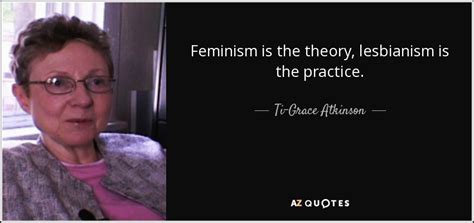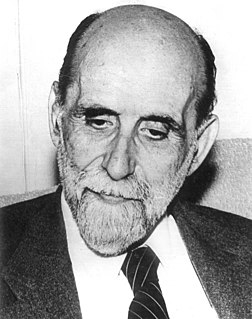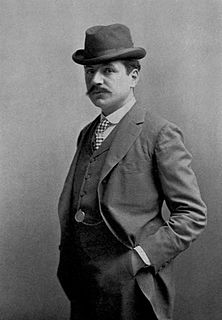A Quote by Ti-Grace Atkinson
I'm enormously less interested in whom you sleep with than I am in with whom you're prepared to die.
Related Quotes
I am persuaded that if the brutes even--if the dog, the horse, the ox, the elephant, the bird, could speak, they would confess, that, at the bottom of their nature, their instincts, their sensations, their obtuse intelligence, assisted by organs less perfect than ours, there is a clouded, secret sentiment of this existence of a superior and primordial Being, from whom all emanates, and to whom all returns.
Because God is not only infinitely greater and more excellent than all other being, but he is the head of the universal system of existence; the foundation and fountain of all being and all beauty; from whom all is perfectly derived, and on whom all is most absolutely and perfectly dependent; of whom, and through whom, and to whom is all being and all perfection; and whose being and beauty are, as it were, the sum and comprehension of all existence and excellence: much more than the sun is the fountain and summary comprehension of all the light and brightness of the day.
Who shall blame whom, who praise whom? Whom to seek, whom to avoid? I seek none, nor avoid any, for I am all the universe. I praise myself, I blame myself, I suffer for myself, I am happy at my own will, I am free. This is the Jnâni, the brave and daring. Let the whole universe tumble down; he smiles and says it never existed, it was all a hallucination. He sees the universe tumble down. Where was it! Where has it gone!
The being who, for most men, is the source of the most lively, and even, be it said, to the shame of philosophical delights, the most lasting joys; the being towards or for whom all their efforts tend for whom and by whom fortunes are made and lost; for whom, but especially by whom, artists and poets compose their most delicate jewels; from whom flow the most enervating pleasures and the most enriching sufferings - woman, in a word, is not, for the artist in general... only the female of the human species. She is rather a divinity, a star.
Knowledge is praised and desired by multitudes whom her charms could never rouse from the couch of sloth; whom the faintest invitation of pleasure draws away from their studies; to whom any other method of wearing the day is more eligible than the use of books, and who are more easily engaged by any conversation than such as may rectify their notions or enlarge their comprehension.



































